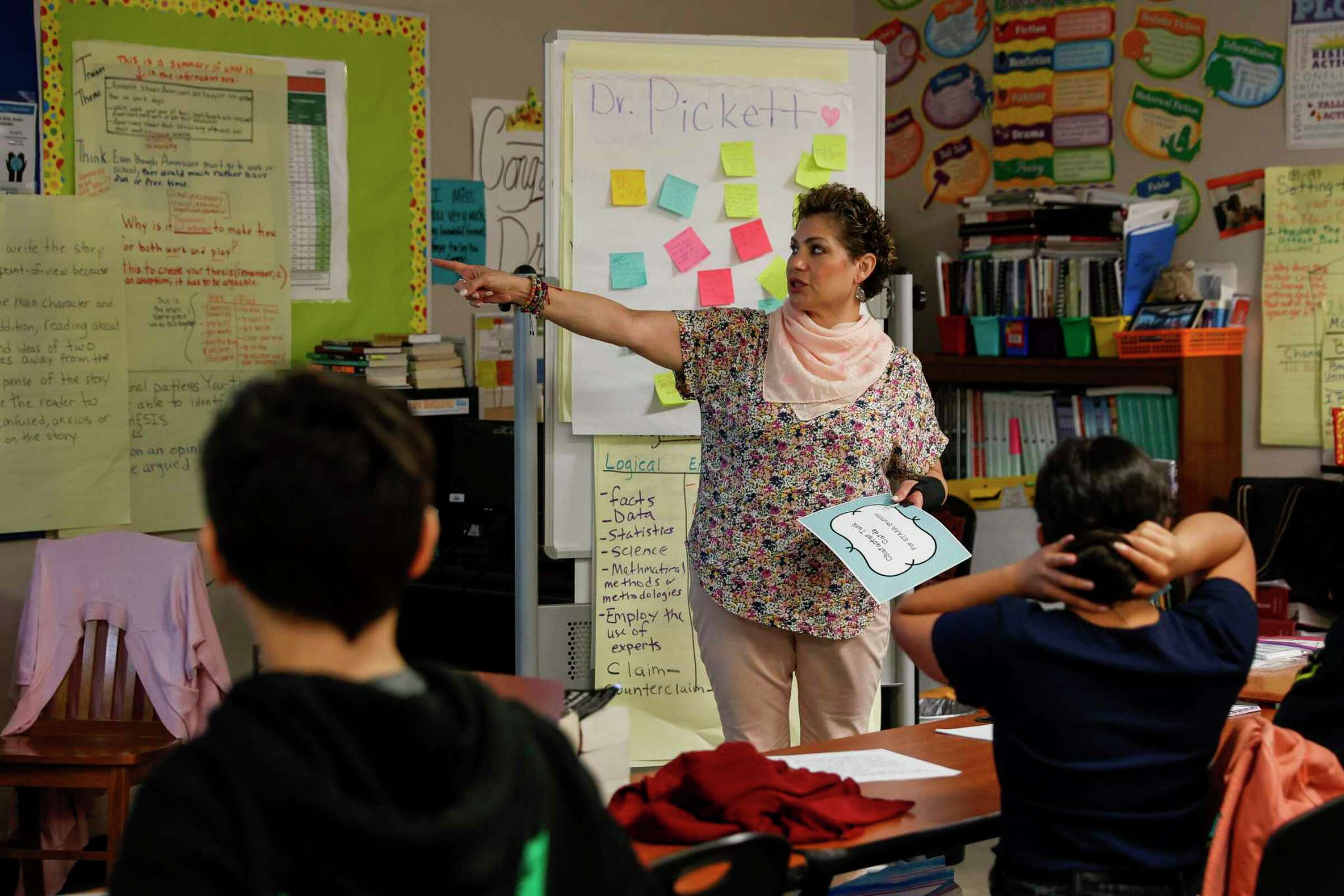This op-ed was co-authored by Every Texan’s Economic Opportunity Program Director Chandra Villanueva and Texas AFT president Zeph Capo for the San Antonio Express-News.
While we’re all paying higher prices at the pump and grocery store, many of us are disproportionately impacted. Many are hurting, but our teachers and public school employees are at a breaking point, creating a crisis for Texas teacher recruitment and retention.
When the Texas American Federation of Teachers surveyed its members in November, an astounding 66 percent of teachers and school staff who responded said they were considering leaving their profession. Low pay and overwork were the two most significant pressures pushing them to leave.
Using data starting in 2010, Texas AFT and Every Texan evaluated how school salaries kept up with the cost of living. The resulting report, “ “The Lost Decade: Texas schools are underfunded & facing devastating staffing shortages,” is grim. On average and adjusted for inflation, educators are making 4 percent less than in 2010. Averages don’t tell the whole story. For example, San Antonio ISD teachers are making 9 percent less and Houston ISD teachers 13 percent less.
The gap between what Texas teachers make and the nationwide average is growing. Texas teachers made $6,554 less in 2019-20 and $7,449 less for the 2020-21 school year. The latest stats from 2019 show that Texas college graduates in similar professions make about 22 percent more than teachers.
Many school staff positions — custodians and food service workers, for example — are still making poverty-level wages, an average of only $28,727 a year. We’ve known, even before the chaos of the pandemic, that educators were suffering from overwork and low wages. But the pandemic exacerbated the problem and brought us to the teacher retention crisis we now face.
Asked by a reporter whether he would commit to raising salaries for teachers, Gov. Greg Abbott responded that he and the Legislature already provided a large pay raise with House Bill 3 in 2019. Yes, a few teachers did get healthy raises, but others didn’t even get enough to cover rising premiums for their district-sponsored health insurance. The governor’s task force on teacher retention is merely going to rehash what “The Lost Decade” already confirms about the need to respect educators and pay them for their hard work. Meanwhile, Abbott wants to create private school vouchers that could rob our schools of funding.
The short-term impact of HB 3 was an uptick in public education funding. But legislators knew that the mechanics for the simultaneous property tax changes meant schools would ultimately suffer while corporations would benefit from tax breaks. The well-intended but shortsighted bipartisan support for HB 3 should have come with a warning that it was merely getting us to a starting point for fully funding our schools.
So what’s the solution? The Legislature needs to increase per-pupil funding to school districts at a level that at least meets inflation. That ensures that schools are equipped to educate our kids, but it also acts to increase teacher pay. Built into HB 3 is a provision that increases their pay when a district gets more per-pupil state funding.
In 2019, the Legislature set the per-pupil state funding to districts at $6,160 for the 2020-21 school years. When they returned in 2021, legislators chose to keep the funding the same for the next two years, even though inflation should have put it at $6,713. The decision, which puts Texas 45th in the nation for school funding, stopped the automatic pay raises for teachers and other school personnel. That indifference to educators needs to end.
A high-quality education system is not without cost, but not investing in the future prosperity of Texans by raising school employee pay will cost even more. Let’s not stumble down the path of another “Lost Decade.”
